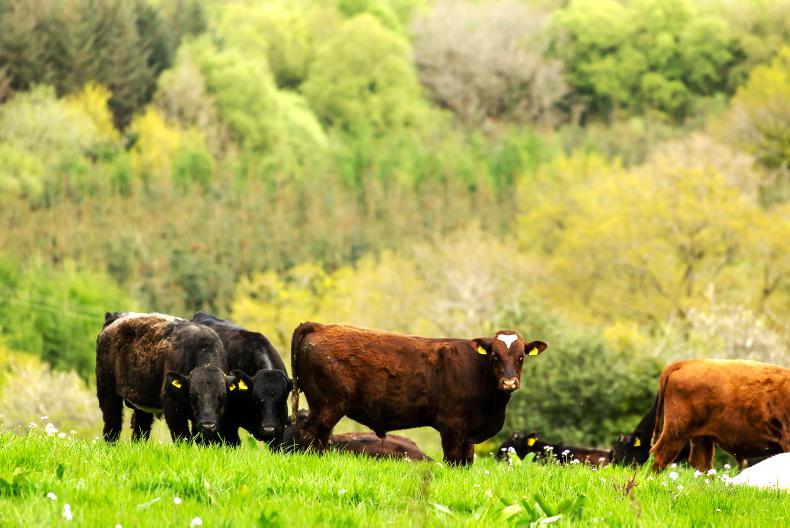Livestock numbers may grow as an unintended result of the agri-food strategy 2030, a strategic environmental assessment of the strategy has shown.
The assessment, which was undertaken by UK-based RSK Consultants on behalf of the Department of Agriculture, found that the unintended growth may result in increased emissions.
The report also says that actions detailed in the agri-food strategy relating to increasing efforts to gain and maintain international markets may also lead to an increase in transport emissions.
The company recommends that growth is monitored as the strategy is implemented and that domestic carbon offsetting is promoted on farm.
Entry point
Speaking at the release of the RSK report was chair of the agri-food strategy 2030 Tom Arnold, who warned that producing sustainable food is now just an entry point to the market.
“The challenge for Ireland is whether it can build a sustainable food system which becomes a source of strategic competitive advantage in securing markets and the possibility of price premium for its products.
“An acid test of success will be the degree to which a competitive advantage can be reflected back to the price received by the farmer.”






 This is a subscriber-only article
This is a subscriber-only article











SHARING OPTIONS: